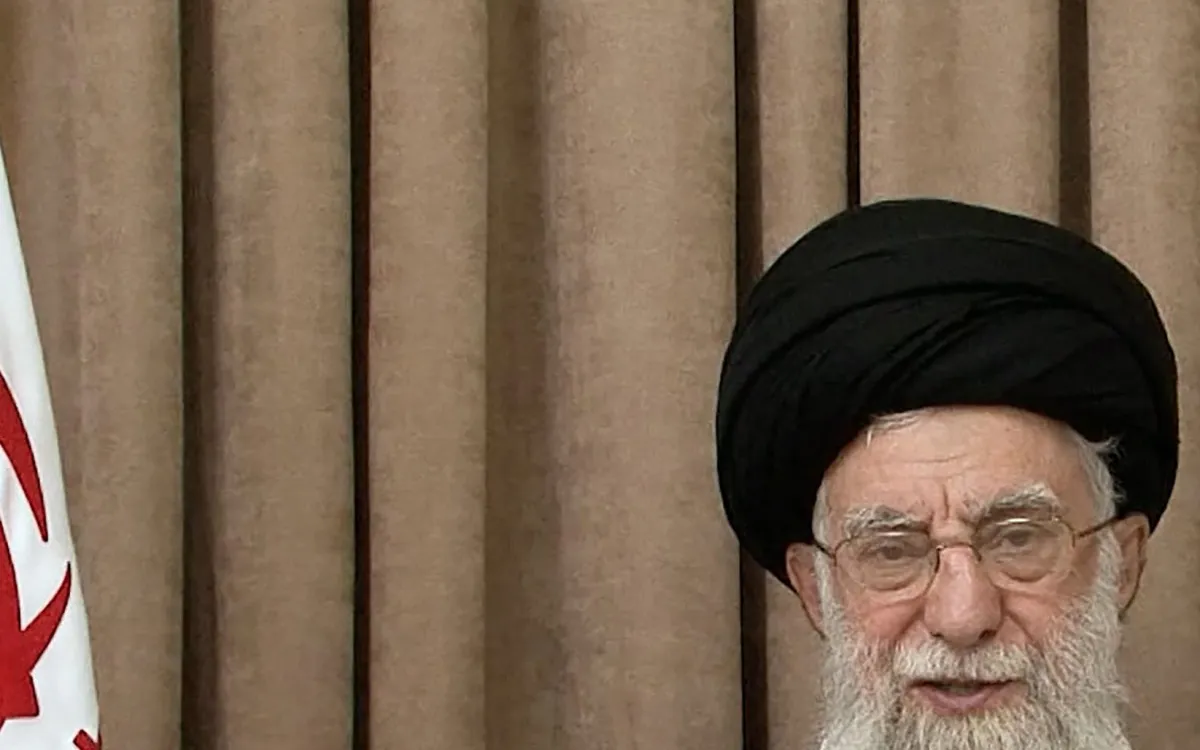
Iran’s Supreme Leader Ayatollah Ali Khamenei has firmly stated that Iran will “never surrender” to the United States, delivering a bold message in his first public remarks since a ceasefire with Israel was established. During a televised speech broadcast by state media on Thursday, Khamenei addressed the recent conflict, emphasizing, “The American president indicated in one of his statements that Iran must surrender. Surrender! It is no longer a question of enrichment, nor of the nuclear industry, but of the surrender of Iran.” He further asserted, “Such an event (surrender) will never happen. It will never happen.”
Khamenei’s remarks come just two days after a ceasefire ended a 12-day war between Iran and Israel, marking the most intense and destructive confrontation between the two nations to date. This appearance is also significant as it marks Khamenei's first public engagement since June 19. The speech coincides with conflicting reports from the United States regarding the extent of damage caused by U.S. strikes on critical Iranian nuclear sites, including Fordow, Natanz, and Isfahan, during the conflict.
U.S. President Donald Trump claimed that the strikes “obliterated” Iranian nuclear facilities; however, Khamenei dismissed these assertions, stating that Trump had “exaggerated” the effects of the attacks. He maintained that the U.S. “gained nothing from this war,” asserting that the strikes “did nothing significant” to Iran’s nuclear capabilities. Khamenei proclaimed, “The Islamic Republic won, and in retaliation dealt a severe slap to the face of America,” referencing Iran’s missile launch that targeted a U.S. base in Qatar, which is the largest American military installation in the Middle East, though it resulted in no casualties.
According to Al Jazeera’s Resul Serdar, reporting from Tehran, Khamenei also acknowledged the efforts of the Iranian armed forces, congratulating them and countering claims, both domestically and internationally, suggesting the army had suffered significant losses due to Israeli attacks. As Iranians who fled Tehran during the conflict gradually return to their homes, there remains a pervasive anxiety among the populace. Many citizens believe that this may have been only the initial phase of the war, raising concerns about the effectiveness of Iran’s air defense systems and the nation's vulnerability to potential future assaults from the U.S. and Israel.
In his address, Khamenei affirmed that the Iranian army successfully targeted both military and non-military positions, claiming considerable damage inflicted on Israel. He warned that “if Israel attacks us again, they will see further destruction.” While Khamenei refrained from issuing direct threats against Israelis or Americans, he assured that Iran's nuclear program remains largely intact, contradicting U.S. claims. He asserted, “Most of the sites are still in place and that Iran is going to continue its nuclear programme.”
Both Iran and Israel have declared victories following the 12-day conflict, with Israeli Prime Minister Benjamin Netanyahu proclaiming a “historic victory” for Israel. Meanwhile, Iran has expressed its willingness to return to nuclear negotiations with Washington. The Iranian health ministry reported that the Israeli strikes resulted in the deaths of at least 627 civilians, whereas official figures indicate that Iran’s retaliatory attacks on Israel led to 28 fatalities. In remembrance of the lives lost, a state funeral will be held on Saturday in Tehran for top commanders and nuclear scientists who were killed during the conflict.